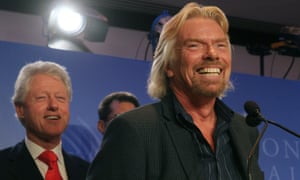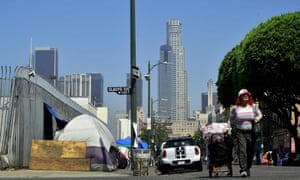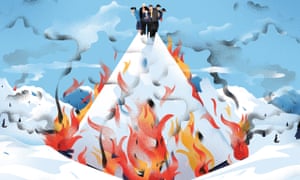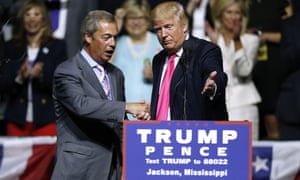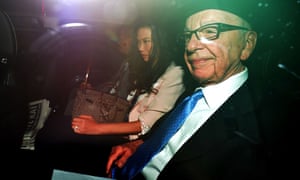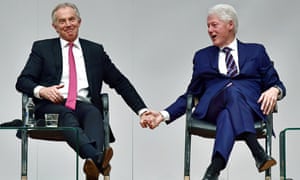
In recent months, I have had several conversations with my fellow diaspora Pakistanis in the US about the dumpster fire that is Pakistani politics and economy. To my incredulous amazement, many of them still support the artist formerly known as the “Kaptaan.” Imran Khan continues to have a firm hold on the imagination of these diaspora Pakistanis.
To wit, a very successful, and intelligent Pakistani finance professional told me “IK is the only person who will stand up to the military and save Pakistan from default.” Never mind that IK was a construct of the military in the first place (indeed the overwhelming majority of Pakistani politicians are) and was unable to bring it to heel when he tried during his first unsuccessful term as PM. Pakistanis who think this way although passionate and well meaning, seem to be in-denial of the fact that a large part of the reason we are facing default is because of the fuel subsidies Khan revived a few days before his ouster. Those subsidies further depleted the Treasury at a critical time and effectively tore up the IMF agreement. It made no economic sense and was an act of pure pique to sabotage the subsequent government and curry favor with the masses. This was not the act of a leader who puts his country’s interests before his own. The successive government had to reverse this but the damage was already done. This is the same sort of irrationally misplaced good will that afflicts Trump supporters, who still think he will “drain the swamp” when, in actuality he moved the swamp to DC with him after his election. Just like Trump supporters are convinced he is the answer, many Pakistanis still think that IK will somehow save the Pakistani economy. This is a defensive retreat into fantasy in the face of the unpalatable reality that IK is perhaps even more narcissistic and incompetent than the other inept and feckless fools who have tried and failed to run Pakistan.
Another group of less sophisticated expats think that IK will be successful because “he is not corrupt and is not looking to enrich himself” as opposed to the shamelessly kleptocratic Bhutto/Zardari and Sharif clans. True, IK may not be corrupt but a person is known by the company he keeps. In IK’s case, this consists of the same corrupt, bandwagon careerists in bed with the military who have been a blight on Pakistan’s iniquitous politics ever since its inception. They continued to loot the country in cahoots with the military, under his watch and then abandoned him as soon as the going got tough and he ended up on the wrong side of the military establishment.
However, what both of these Pakistani expat types get right is that if elections were held tomorrow, IK would sweep to victory. He is doubtlessly the most popular politician in the country and has activated and vitalized countless numbers of young people who would not have been otherwise interested in politics. At the same time, he has unwittingly exposed the real puppet masters of Pakistan – its insatiable and pretorian military – and focused the ire of the masses against the top men in khaki behind the curtain for the first time in Pakistan’s history.
IK’s supporters have legitimate grievances against the failed ruling class and establishment elite, and see Imran as their last best hope. This is similar to the effect that Bernie Sanders has had on American millennials and Gen Z. The difference is that Bernie Sanders actually has a progressive, pro-worker, truly populist policy agenda. IK is an inept, incompetent, socially conservative, right-wing populist figure. He is a cult leader, whose track record proves that he cares for his ego much more than he cares for the country. We can be sure that, if accepted back in the fold by the military establishment, instead of confronting it, he will turn out to be even more compliant, because like all narcissists he cares more about power and assuring his own ascendancy and legacy.
Also, unlike Bernie, his politics excludes a class analysis of the problems that afflict Pakistan. Pakistan is at a crossroads. Instead of looking for solutions in another authoritarian strong man and the same old neoliberal policies, the answer to Pakistan’s travails lies in returning power to the working class people of the country, through, for example, the local grassroots organization of truly leftist and socialist political parties like the Mazdoor-Kisaan Party, the Awami Khalq Party, and the Awami Worker’s Party. No one who belongs to the elite that IK belongs to, which includes myself and my friend in finance by the way, can be expected to fix Pakistan.
Pakistan is financially, politically, and philosophically bankrupt. What it needs is a new paradigm: a truly people powered government, led by leaders from the working class, a la Lula in Brazil, that will have the mandate of a super majority of the people to enact progressive policies like raising the taxes on real estate speculation which is the most secure and profitable form of investment for Pakistan’s elites. Such a movement will also institute much needed land reforms to break up antediluvian and anachronistic agricultural monopolies. It will invest in the health and education of the working people of Pakistan instead of F-16s and it will confront the neoliberal institutions that have a stranglehold on Pakistan’s economy by, for example, reversing the disastrous terms of business with the Independent Power Producers (IPPs) which are the central reason for recurring power shortages resulting in an untold number of work days lost, and loss of profitability of private enterprises, and has plunged Pakistan into darkness and creeping de-industrialization.
True change only takes place when millions of working people demand it and when they demand justice. Then, the people at the top have no choice but to respond. In the end, the only force that will save Pakistan are the people of Pakistan, not the military, not the elite, not the businessmen, not the neoliberal economists or a cult of personality but the working-class people of the country. Otherwise, like all Potemkin villages, it will fall apart.

